Politics, Power and Policy
How we’re changing the world one piece of legislation at a time
Calling for change
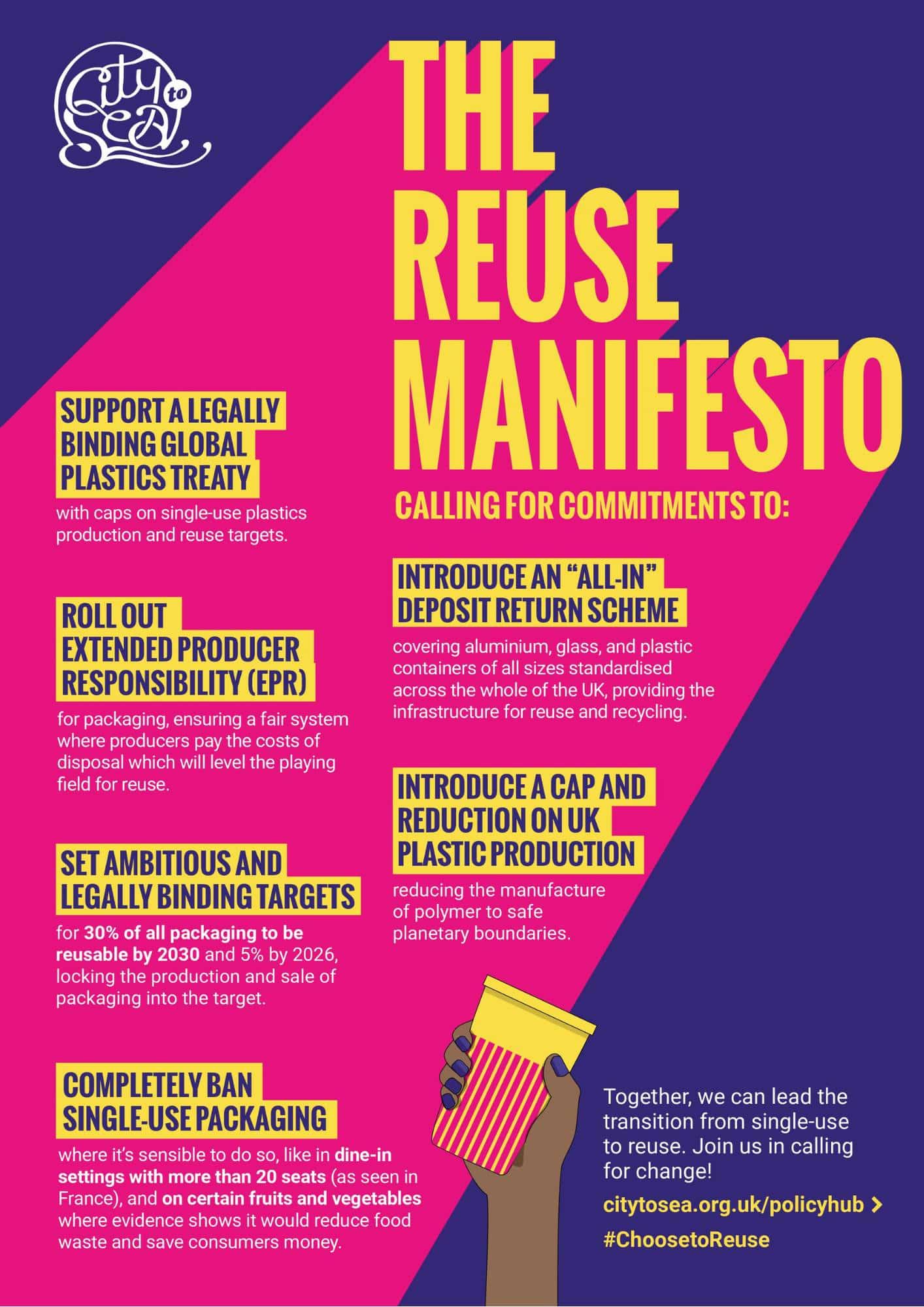
City to Sea has a proud history of calling for change as part of our wider campaign strategy and political advocacy is a central part of City to Sea’s theory of change. Over the last few years, we’ve worked to secure a ban on some of the most polluting single-use items, successfully lobbied the Dept of Education to provide reusable and plastic-free period products to schools and in 2020, our petition calling for a tax on single-use plastic was signed by more than a quarter of a million people.
We know that the time for action on the plastic crisis is NOW. We know all too well that voluntary commitments for reducing waste are not working. After years, of campaigning, of innovation and pilots, and after consumers calling for change, we’re still no further ahead than we were years ago – the percentage of reusable packaging on the market has actually fallen rather than grown.
For businesses to effectively navigate this transition, a level playing field facilitated by government intervention is crucial. This means practical runway times into any proposed changes that moves the sector as a whole away from its current reliance of single-use plastics. This necessitates a harmonised regulatory framework that fosters a fair and consistent environment for all enterprises, ensuring that the burden of sustainable practices is equitably distributed across players within different industries. We need governments to act!
Our theory of change
Looking ahead, we’re going to be scaling our policy work, to reflect the level of urgency and need for action that we’re currently facing. We’ll be working with our partners around the world to call for legally binding targets as part of the Global Plastics Treaty, and closer to home, we’ll be ramping up our asks ahead of the UK General Election, mobilising our supporters and showing policy makers the UK public are ready for action.
At City to Sea, we’re politically neutral – we engage with politicians from all parties and positions. This is true for MPs, Ministers, Members of Parliament to Senedd, MSPs or Councillors. It doesn’t matter your party-political affiliation – it matters whether you’re willing to take the voice of the oceans into your positions of power. We’re there as a friend of those in power, but like any good friend we’re prepared to make interventions when things aren’t going right.
What are we calling for?
City to Sea wants to see the British, Scottish, Welsh and Northern Irish governing bodies adopt legally binding UK-wide cap and reduction strategy and reuse targets. Our asks to government include:

LEGALLY BINDING REDUCTION & REUSE TARGETS
The first would be for a reduction in single-use plastics. The second would be for increasing the market share of refill and reuse (5% by 2026 and 30% by 2030).
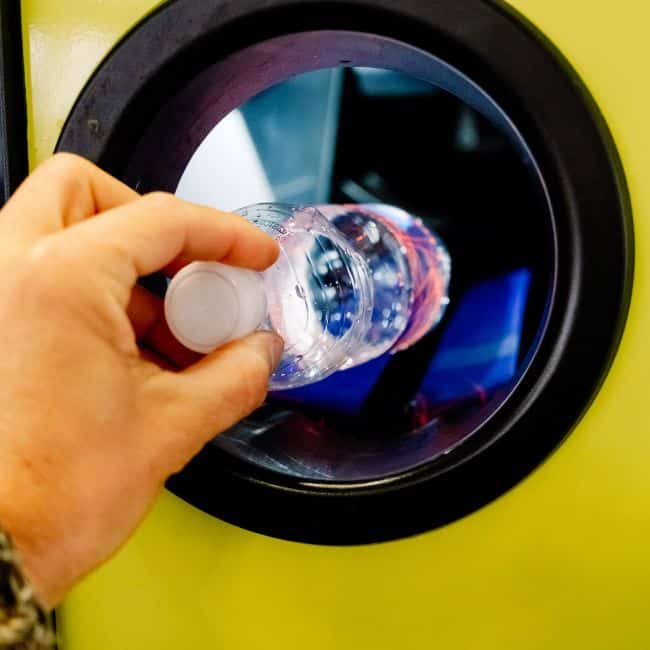
AN ALL-IN DEPOSIT RETURN SCHEME
To address the government’s existing commitment to a Deposit Return Scheme (DRS) but call for an “all in” DRS where the infrastructure can and should be used to incentivise a refill and reuse system.
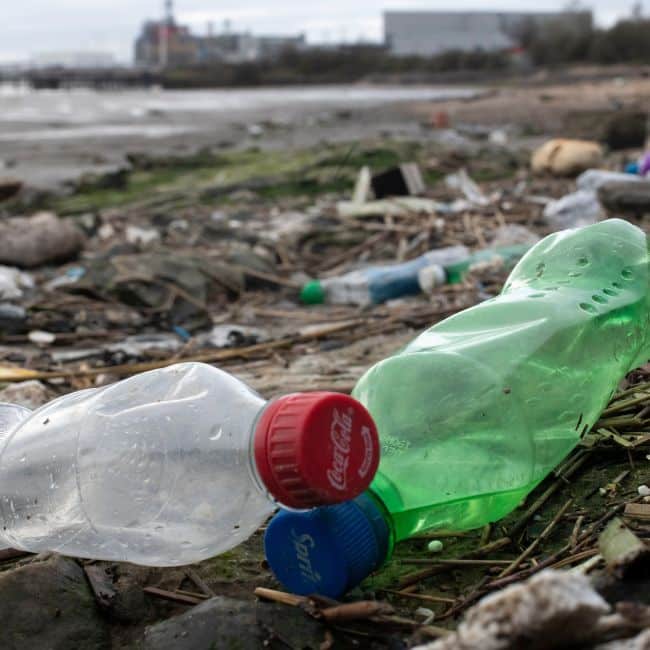
EXTENDED PRODUCER RESPONSIBILITY
We want to see the basic principle that “the polluter pays” enacted into law.

A BAN ON SINGLE-USE FOR DINE IN CONSUMPTION
We will also be calling for; a comparable law as seen in France to ban single-use in “eat-in” settings such as bars, restaurants and cafes. Sign the petition to add your voice.
Get the latest from our political advocacy campaigns
DONATE TO SUPPORT OUR POLITICAL ADVOCACY WORK
City to Sea has a proud history of calling for change as part of our wider campaign strategy and political advocacy is a central part of our theory of change. Oceans and waterways around the world urgently need our help and we’re hugely grateful to our supporters for donating to City to Sea. Our donations go directly to our campaigns, powering on-the-ground community action, lobbying governments and creating powerful, playful content designed to inspire change.
The public are ready
%
of the British public are concerned about plastic pollution and 90% are trying to reduce their use of plastic.
%
Almost two thirds think supermarkets and brands are not doing enough to provide customers plastic free options.
%
of Brits think the government should make it a priority to make reusable and refillable options ACCESSIBLE & AFFORDABLE for everyone.
Joining a Global Movement
City to Sea is supporting the efforts to adopt a legally binding Global Plastics Treaty as the quickest and most effective way to tackle the global plastic crisis. We’re delighted to see reuse targets in the latest draft and the possibility of a cap and reduction measure to reduce the amount of single-use plastics in circulation.
Our Campaigns
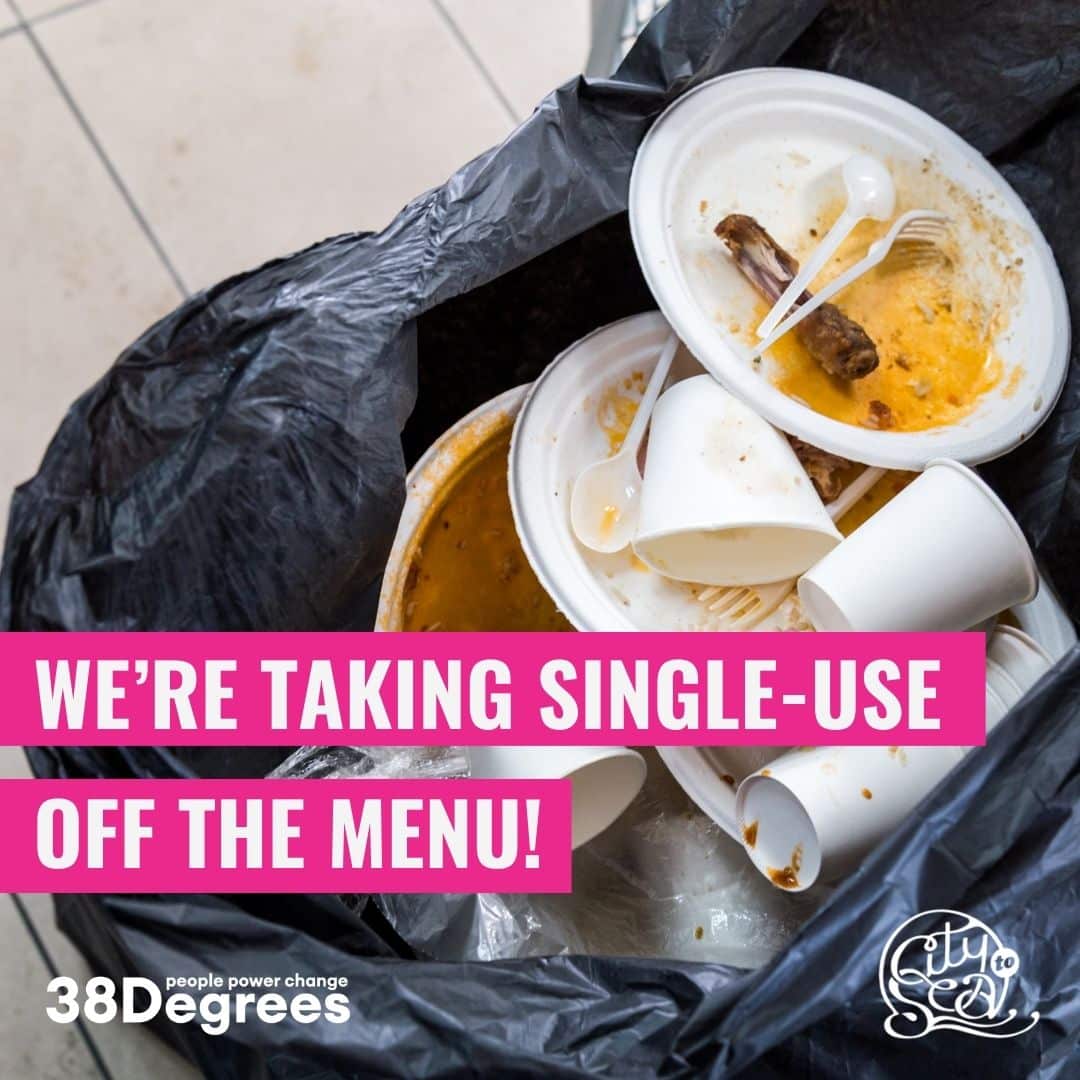
A ban on single-use packaging for eat in settings
From the 1st January 2023 in France, any restaurant with more than 20 seats – including work canteens, bakery chains, fast-food and sushi outlets – will have to provide reusable, washable cups, plates, dishes and cutlery for customers eating in. The roughly 30,000 fast-food outlets in France serve 6bn meals a year, generating an estimated 180,000 tonnes of waste. Environmental groups said 55% of that was generated by people eating in. City to Sea are calling for a comparable law to be introduced by national legislatures across the world including within the UK
Extended Producer Responsibility
City to Sea advocates for an urgent roll-out of Extended Producer Responsibility (EPR) for packaging. EPR would see producers bearing a greater proportion of the cost of disposing the material they put on the market, which should incentivise them to reduce the amount of packaging they produce, encourage a transition to reuse systems and use more easily recyclable materials. EPR should cover all businesses putting 1 tonne of packaging on the market per year.
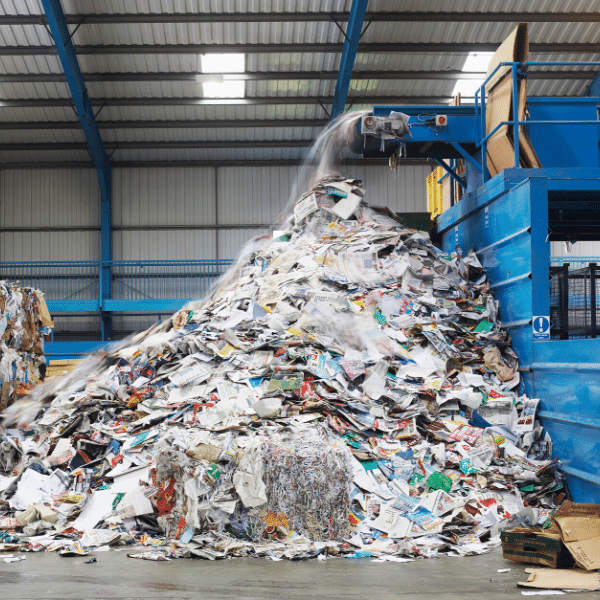
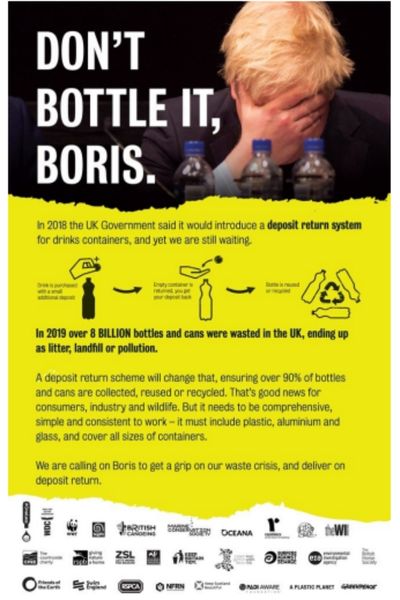
An “all in” Deposit Return Scheme
City to Sea advocates for an “all in” DRS. Simply put this means one which would include aluminium, glass and plastic drinks containers of every size – and would mirror schemes being introduced elsewhere in Great Britain. There was strong support for this from Environmental Audit Committee. It also strong backing from NGOs (like City to Sea but also Friends of the Earth, Greenpeace etc). The second thing is not letting “recycle” and “reuse” become equal policy goals for a DRS. We believe that DRS for single-use items could be a steppingstone towards more refill and reuse (which is preferable to recycling), as the collection infrastructure is often the same. This is clearly needed. The most recent EMF report found that companies use of reuse had dropped to just 1.2% of packaging. It’s important to say that this isn’t pie in the sky thinking. The Danish system has almost one quarter of all deposit-marked bottles sold in Denmark are refillable.
Campaign Wins
In 2018 nearly 250,000 people backed our call to implement a plastic tax at the point of sale.
In 2021 we launched our #CutTheCutlery campaign. Over 118,000 backed our petition and 50,000 responded to the consultation that saw single-use cutlery plates and bowls banned in England.
After 150,000 backed our call for retailers to #SwitchTheStick all major supermarkets stopped stocking single-use cotton bud sticks. A few years later and government banned then entirely.

